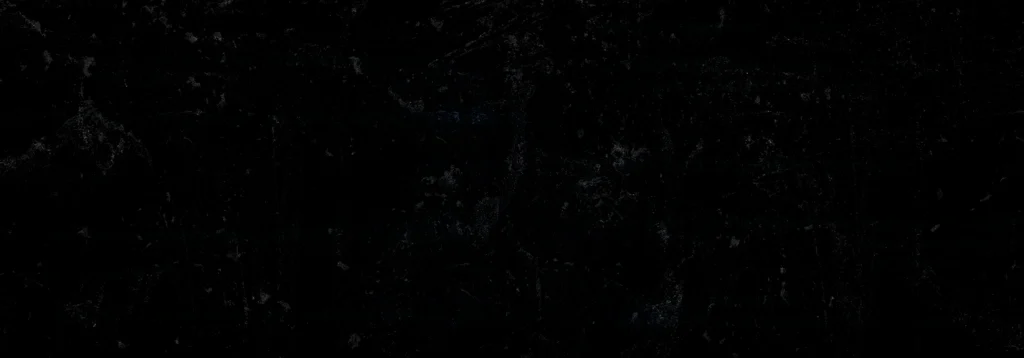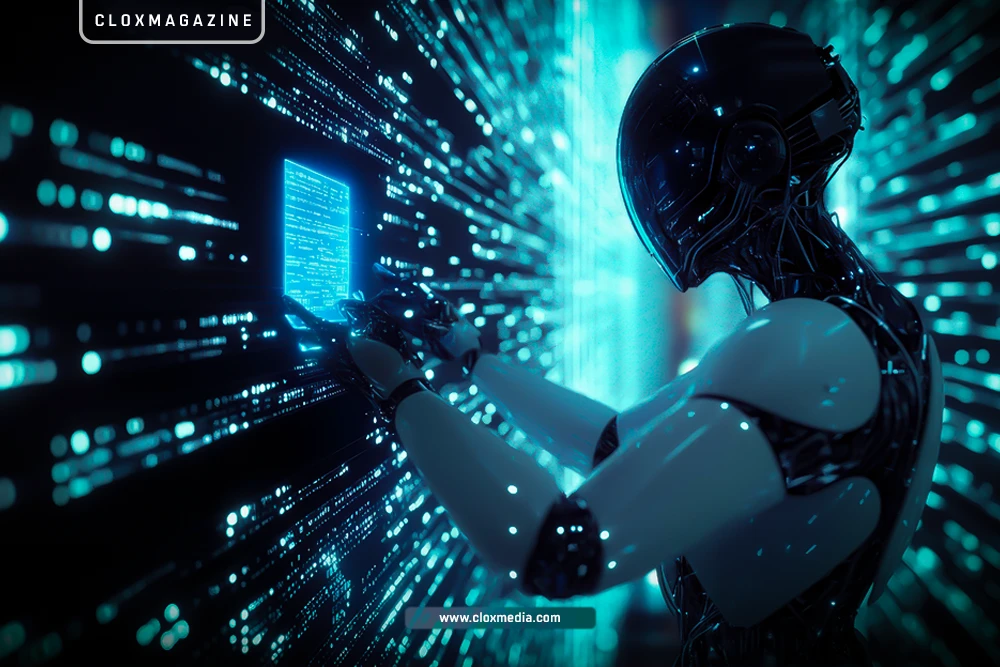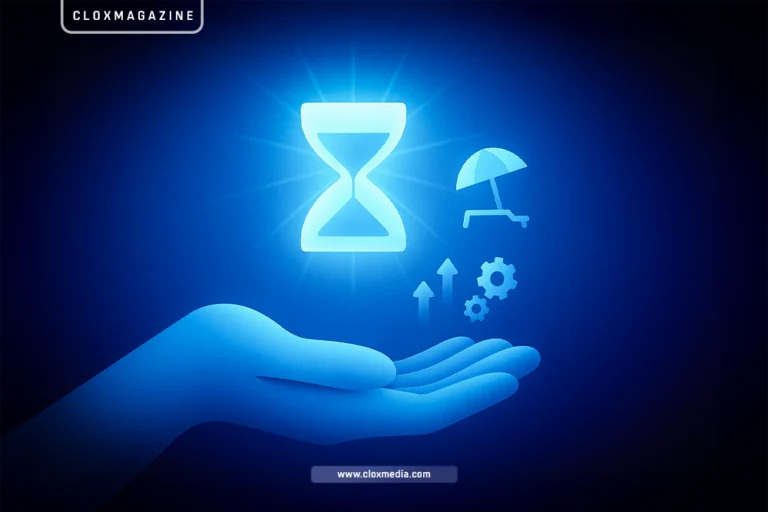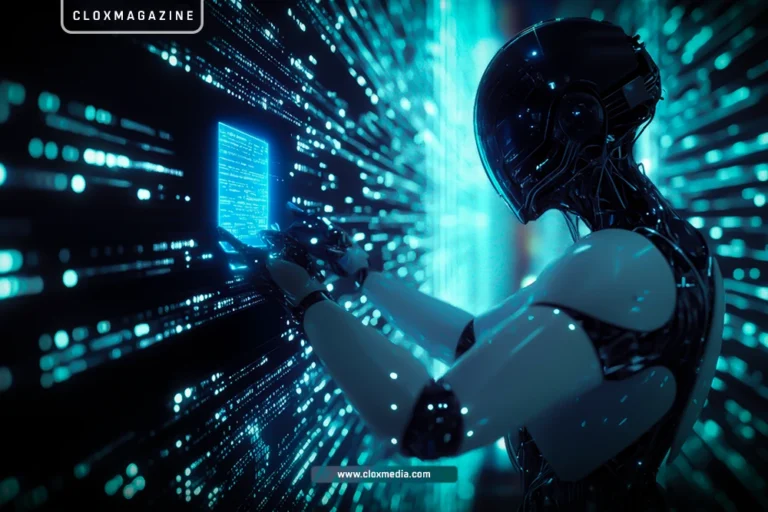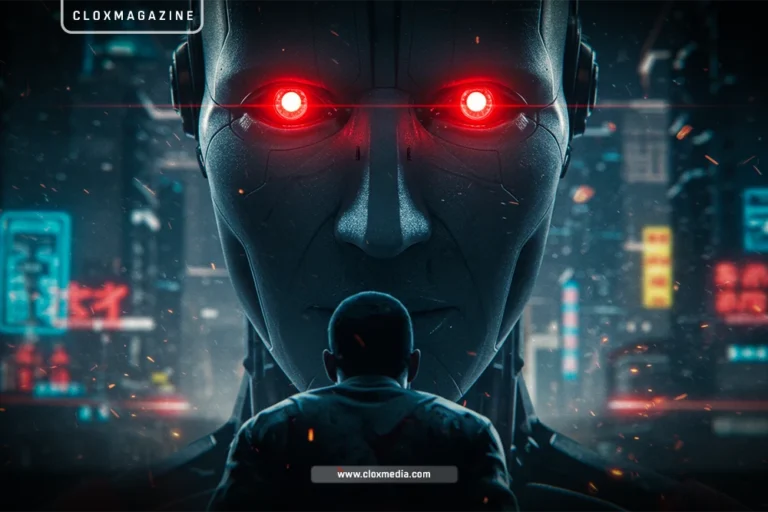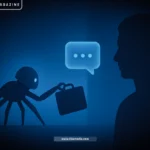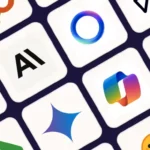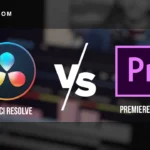From the start, the Internet has worked as a platform for free speech, networking, and wide access to different resources. But the infrequent use of web-crawlers powered by AI could easily put the freedom at stake. These bots are a product of AI companies and scan the net 24 hours a day, grabbing content like articles, videos, code, and images which renders them over a thousand words. Even though this approach has advanced the power of AI, it is questioning who utilizes it, and if the internet is really a safe place for people to share their work with the world.
Simply put, AI crawlers go way beyond the basic functions of a web crawler AI. These AI programs extract content from websites at will and do not abide by any rules. These practices have raised several privacy issues in addition to the increased infrastructural expenses for these lesser-known websites. The market nowadays is full of content and these companies like OpenAI, Google and Microsoft are taking full balloons for their AI machines while neglecting the very basic digital rights of the creators.
It’s not only journalists. Developers, writers, and other artists are part of a growing cohort of content creators who, with every passing day, dread the devaluation of their work. From mimicing a given style of writing, generating a specific piece of art, or copying and pasting code – there are few things that AI systems cannot do.
In fact, they may exceed the original authors in scope and volume, all without crediting or compensating the central author. The issue doesn’t only concern the work, but also the legal battles such as Getty Images suing AI companies for using their copyrighted material without permission. Legal pretexts highlight the ongoing disparity between the development of technology and the rights to intellectual properties.
Smaller creators are particularly vulnerable. Unlike big publishers that can negotiate or sue, individual bloggers, researchers, and freelance writers are often resource-strapped. Many have resorted to placing their work behind paywalls or even opting to remove it altogether from the internet to minimize the chances of their work being scraped. While these attempts reduce the probability of unauthorized usage, they serve to cement an inaccessible internet.
The Story of CAPTCHA & robots.txt
Public pressure accounts for most government initiative action that seeks to balance out the problems posed by AI, and indeed, are other parasitic systems to be built in the future. Websites are bringing to bear CAPTCHA and robots.txt files but many security measures fail to cap the seemingly infinite growth of AI systems. Undoubtedly, the European Union leads the pack in combating out-of-control AI by passing the AI Act which comes into effect in 2024, and limits cons in which companies can use data compiled from the web to train their models. Other regions will need time to implement, but could provide them some balance in the law marketplace.
The unchecked rise of AI crawlers risks turning the open web into a closed loop controlled by a few powerful companies. Without new regulations and ethical data-sharing practices, we may lose what made the Internet valuable in the first place: its openness, diversity, and support for independent voices. A balance must be struck—one that allows AI to grow without sacrificing the rights of those who built the web’s content in the first place.
Sources: Digital Watch Observatory | TECH RADAR | CLOXLABS
CLOXMAGAZINE, founded by CLOXMEDIA in the UK in 2022, is dedicated to empowering tech developers through comprehensive coverage of technology and AI. It delivers authoritative news, industry analysis, and practical insights on emerging tools, trends, and breakthroughs, keeping its readers at the forefront of innovation.

